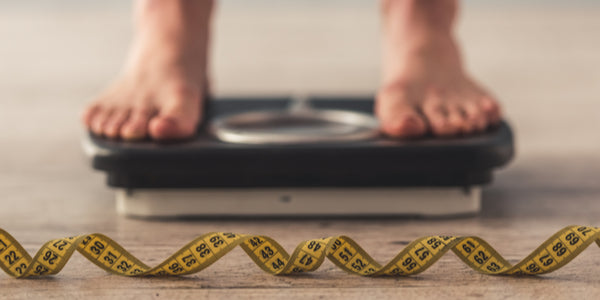
Heart disease is an umbrella term that encompasses conditions that distresses the heart and blood vessels - including coronary artery disease, irregular heart beats and rhythms (arrhythmias), chest pain (angina), heart attack and stroke. But despite the broad range of heart and blood vessel conditions, heart disease is the leading cause of death in the United States. Reaching and maintaining good heart health involves a total lifestyle change - embracing a nutrient-rich diet, partaking in exercise, practicing stress-relieving techniques, managing diabetes and smoking cessation. Take charge of your body with these cardiovascular, or heart, health tips!
8 Heart Health Tips
1. Eat Healthy Fats
Though eating fat as a cardiovascular health tip may seem paradoxical, healthful fats can actually reduce the risk of heart disease. Specifically, replacing saturated and trans fats with monounsaturated and polyunsaturated fats have shown to be beneficial in promoting normal lipid levels. Try these healthy high-fat foods you should eat more of!
2. Load Up On Fiber
Adequate intake of fiber can help reduce cholesterol levels, especially with the intake of soluble fiber. This fiber subtype (insoluble fiber being the other form) acts like a sponge, saturating itself with excess cholesterol and excreting it from the body. Soluble fiber products include oats, apples, beans and nuts. When increasing fiber intake, up water consumption to reduce the risk of constipation.
3. Skip Out On the Salt Shaker
Avoiding added salt to foods is extremely valuable for individuals with congestive heart failure and high blood pressure (hypertension). Excess salt can force the body to hold onto water, ultimately creating fluid buildup and further amplifying pressure against the artery walls. Stay weary of these surprising foods with lots of salt!
4. Reduce Sugar Intake
High cholesterol intake has been associated to high cholesterol levels for years. But research has given eggs a break and turns its head to a new culprit: sugar (specifically refined and table sugars). Sugars consumed in excess may contribute to weight gain and manipulate lipids, increasing the risk of heart disease.
5. Exercise
Increasing heart rate and getting blow pumping promotes heart health. Recommendations suggest at least 30 minutes of aerobic activity most days of the week. Rev heart rate by jogging, cycling, swimming and dancing!
6. Manage Blood Sugars
Though controlled diabetes often runs parallel with a healthful diet and exercise overhaul, it is still imperative to monitor blood sugar or glucose. Uncontrolled diabetes increases the risk of heart disease linked to glucose build-up in the blood. When managing blood sugars, further stray away from concentrated sweets and stick to complex carbs paired with lean proteins and healthful fats.
7. Practice Stress Relief Techniques
Stress can reap havoc on many systems of the body, the heart included. Stress can ultimately increase the risk of high blood pressure and cholesterol, mostly linked to the behaviors triggered by stress - physical inactivity, smoking and alcohol use. Stress relief techniques include deep breathing, meditating, exercising and yoga. Go to your "happy spot" with a warm bath or favorite song or book.
8. Smoke Cessation
If a smoker, try to terminate the habit. Smoking tremendously increases the risk of not only lung disease, but heart disease. Its practice increases the risk of coronary heart disease and high blood pressure along with the reduction of exercise tolerance.
Take Charge with bistroMD
Though everyone can benefit from a heart-healthy diet, some may find healthy cooking more challenging than others. So, let bistroMD take care of the shopping and meal prep! Prepared with the freshest ingredients, meals provide 1,100-1,400 calories daily with 40-50% total caloric intake from lean, adequate protein, 20-25% of calories from healthy fats, and 30-35% from complex carbohydrates. Both men's and women's programs are offered.







